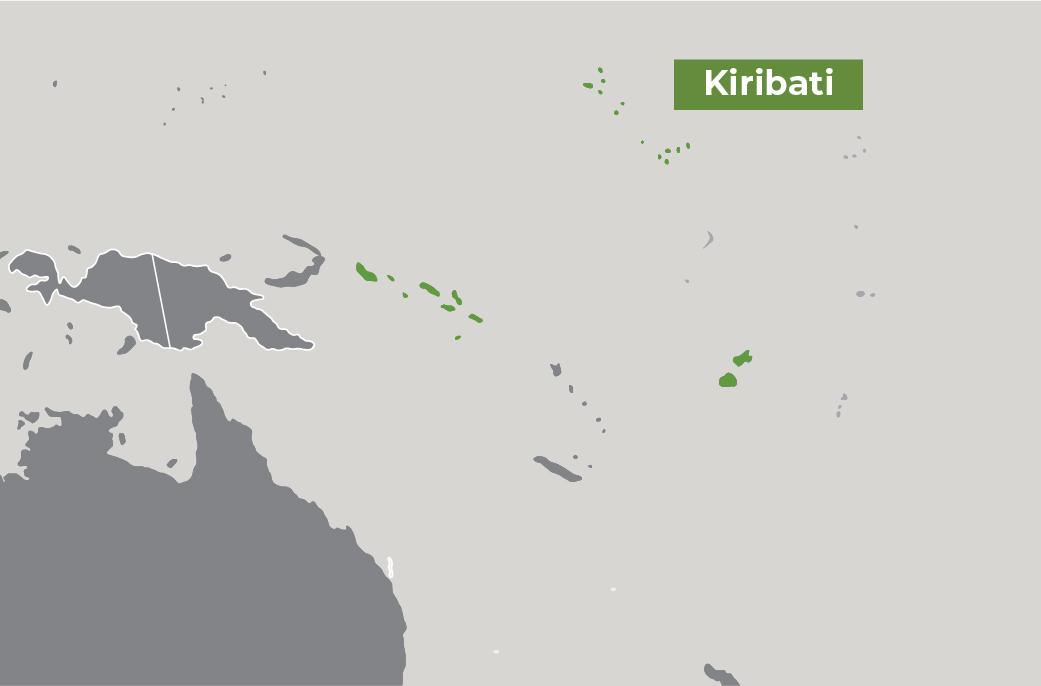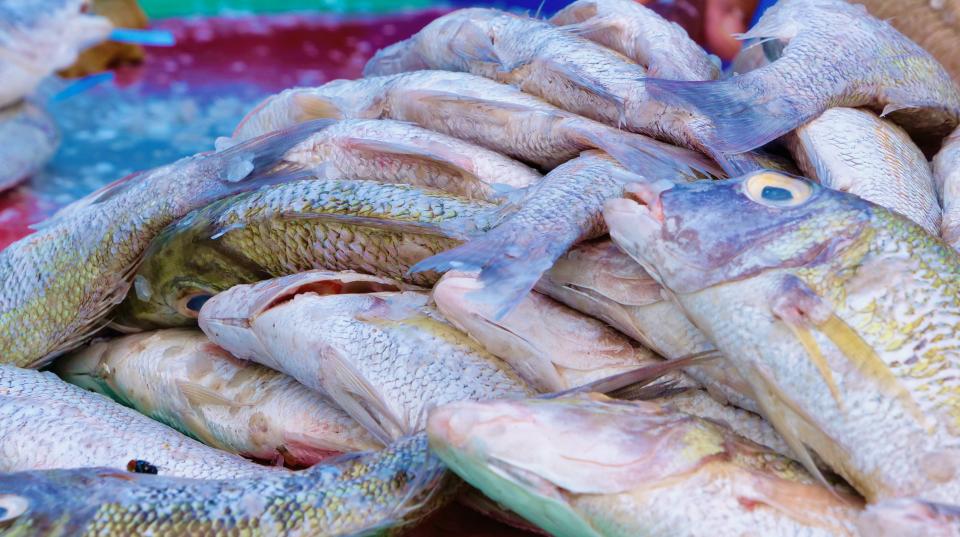Overview
This project aims to develop a community-based strategy for monitoring and detecting Ciguatera poisoning in Kiribati, involving surveys, stakeholder engagement, culturally-aligned fisheries management, and regulatory approaches.
Ciguatera poisoning (CP) is a prevalent seafood-associated disease in Pacific small island developing states, causing up to 500,000 cases annually.
The disease, caused by microalgae, has increased by 60% over the past 20 years and is found to be associated with damage to coral reefs due to ocean warming and an increase in cyclones. Kiribati has high incidences of CP, with a population of 312/100,000 per annum. Ciguatera Toxins in reef fish samples pose a significant threat to subsistence fisheries, affecting the population's food security and income.
Project activities and expected outcomes
- Developing the knowledge and skills in the Coastal Fisheries Division to analyse samples, generate data and local knowledge, to inform the establishment of a management approach that reduces the incidence of CP in Kiribati
- Providing the Health Department with the knowledge, data, and capabilities to know the scope and scale of CP in Kiribati.
- Establishing an online reporting program for CP incidence.
- Developing public awareness approaches for communities on the project sites.
- Enabling the Health Department to maintain a database on CP incidence and deliver food safety awareness programs to mobilise community engagement and adherence to food safety measures.
- Providing participating communities with knowledge and understanding of the risks of CP.
- Engaging communities to adopt food safety approaches to manage risks.
Map
Image

Key partners
Cawthron Institute
Ministry of Fisheries and Marine Resources Development, Kiribati
University of Technology Sydney



